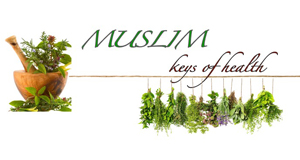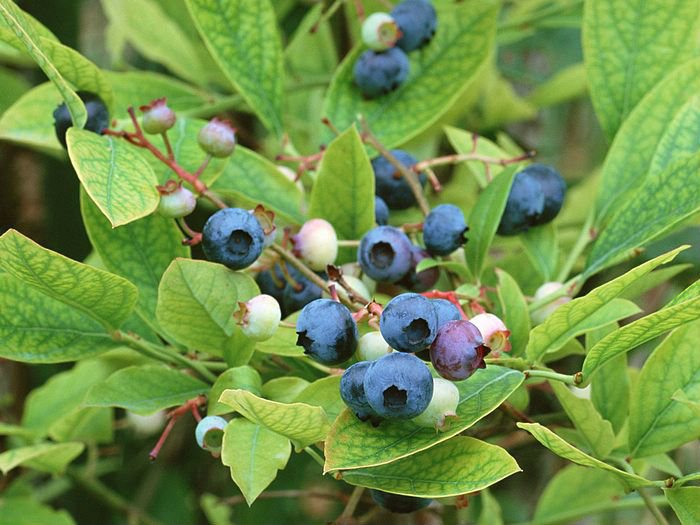BILBERRY
(Vaccinium myrtillus)
Bilberry is closely related to the blueberry, the cranberry, and the huckleberry. It looks a lot like a blueberry but has its own distinctive taste. The berries contain pectin, tannins, organic acids, flavonoid glycosides, quercetin, anthocyanin, A, B, and C vitamins. The leaves contain tannins, flavonoid glycosides, neo-myrtillin, arbutin, hydroquinone, organic acids and the trace mineral manganese.
This humble, wild-grown berry is surprisingly rich in its nutritional value and its medicinal properties.
USES
Fruit
- The herb has historically been used to treat vision and eye ailments. It is believed to play a significant role in the prevention of many common eye diseases and is popular today as a medicinal herb to help resolve eyestrain or fatigue, and night blindness. It is effective for various eye ailments including
- improves visual accuracy in healthy people
- natural antioxidant preventing free radical damage to the eye
- poor vision and ‘night blindness’
- improves the microcirculation and regeneration of retinal purple, a substance required for good eyesight
- protects eyes from eyestrain or fatigue
- It is rich in anthocyanin and vitamins A and C; therefore, it operates as a natural antioxidant, lowering blood pressure, reducing clotting and improving blood supply to the nervous system.
- Bilberries can be effective as a supportive treatment for diabetes. It is because the berries reduce blood sugar and as well as prevent eye diseases and blood vessel disorders which can be caused by diabetes.
- It is used to help address vascular and blood disorders, varicose veins, thrombosis, and hemorrhoids.
- This humble berry has great benefit for Cardiovascular Conditions such as…
- angina
- atherosclerosis (plaque in blood vessels that leads to blockage, heart attacks and strokes)
- helps to reduce the risk of blood clot which may leads to heart attacks and strokes
- improves circulation
- lowers blood pressure
- prevents the oxidation of LDL (“bad”) cholesterol
- stimulates the release of vasodilators
- strengthen blood vessels,
- treats vascular disorders
- It is effective for various blood conditions including
- blood disorders
- prevents capillary fragility
- reduces clotting
- stops bleeding
- thins the blood
- thrombosis
- varicose veins
- Bilberry has high tannins and pectin content which help regulate bowel movements. Taken in small amounts the dried berries can be used as a remedy for diarrhea, while intake of large quantities of the fresh berries can cause loose stools.
- Bilberry is also recommended for nausea and indigestion.
- It has also been used as a treatment for mild inflammation of the mucous membranes in the mouth and throat.
- It could be effective against some types of cancers. It has been shown to inhibit the growth of colon cancer cells in vitro. This could be attributed to the antioxidant flavonoid anthocyanin, but more research is needed to verify these findings.
- Bilberry has traditionally been used as a remedy for kidney stones, scurvy and urinary infections.
- The herb has displayed antibacterial properties by stopping the growth of microorganisms.
- It helps dries up milk in women during the weaning period.
- It helps expel parasites from the body.
Leaves
- The leaves of Bilberry are used in extract form or as a tea for the treatment of
- catarrhal enteritis
- diarrhea
- nausea and indigestion
- stomach cramps
- vomiting
- They are used as a mouthwash for
- Stomatitis
- respiratory catarrhal problems
- inflamed gums
- leucoplasia (inflammation of the tongue characterized by white patches)
- The leaves of Bilberry are used in extract form or as a tea for respiratory tract ailments such as
- Coughs
- mild inflammation of the mucous membranes of the mouth and throat
- The leaves or bark of the root are externally applied for
- Burns
- skin problems
- sores
- ulcers
- wounds (helps wounds heal faster)
HOW TO USE
- Bilberry is often taken in capsule form. Some herbalists also recommend it as a tincture or dried whole berries.
- Diarrhea:
Children
- 4 to 8g crushed, dried bilberry added to 150 mL (2/3 of a cup) of cold water and brought to a boil for 10 minutes and strained while hot. Taken several times daily until diarrhea stops.
Adult
- 5 to 10g/day dried root prepared the same way
CONTRAINDICATIONS
- Bilberry may cause gastrointestinal upset, dizziness or headaches, however it has rarely been reported.
- It should not be used when taking any medications and herbs that lower blood pressure, lower blood sugar, or with blood thinners.
- The herb should be taken with caution and it is important to consult a health care professional because it can increase the effects of other medications.
- Avoid taking during pregnancy unless recommended by your healthcare practitioner.
- Its leaf is safe when used with the correct dosage, however, they can produce symptoms of poisoning and may cause toxicity in the body if used over long periods
SCIENTIFIC DETAILS
Family Name:Verbenaceae
Common Name(s):Huckleberry, whortleberries, blueberry, European blueberry, bog berry, hurtle berry, blåbär (Swedish), Heidelbeere (German), petit myrte (Frence).
Part(s) Used:Leaves, roots & berries (fresh and dried)
Habitat:It is found in many parts of Europe, western Asia and temperate regions of North America. It grows wild in forests and meadows and on heath land and moors.
Properties: antibiotic, anti-galactagogue, anti-inflammatory, antiseptic, antioxidant, astringent, diuretic, refrigerant (brings down body heat and gives a feeling of coolness)
Tags: antibiotic, anti-galactagogue, anti-inflammatory, antiseptic, antioxidant, astringent, diuretic, refrigerant (brings down body heat and gives a feeling of coolness), diabetic, diarrhea, eyes, skin

